What are sleep affirmations and do sleep affirmations work?
Do sleep affirmations work? Our experts reveal how this night time practice can benefit your wellbeing

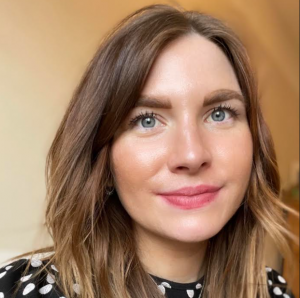
If you struggle to nod off, you've most likely exhausted the majority of tried-and-tested methods to help you fall asleep faster. But, what about talking yourself into a good night's rest – also known as sleep affirmations? "Do sleep affirmations work?" I hear you ask.
When it comes to questions about our sleeping behaviours, those such as "What does it mean when you dream about someone?" or "Why do I sweat a night?" are perhaps more easily answered. Sleep affirmations require you to do the work, practice and have some degree of patience. 'Reading sleep affirmations or saying them out loud, especially before bed, can have a powerful effect on our mental state and our ability to sleep well,' says sleep and dream expert Charlie Morley. 'And if we say them in the alpha and theta-rich hypnotic trance-state of the hypnagogic, this effect is supercharged.'
Theta waves occur during light sleep or deep relaxation, while alpha waves occur when people feel relaxed, and when the brain is resting, without concentrating on anything. So, if you're wondering 'Why do I keep waking early?' or 'Why am I so tired?', sleep affirmations might be the solution to those long, sleepless nights.
What are sleep affirmations?
Sleep affirmations are positive statements or phrases that you repeat to yourself before hitting the sheets. These are especially helpful if you often experience a lack of sleep.
‘They are intended to help you focus on positive thoughts and feelings, and to reinforce positive beliefs about yourself and your life,’ says Martin Seeley, sleep expert and CEO of Mattress Next Day. ‘Sleep affirmations can be used to reduce anxiety, improve self-esteem, increase motivation, and promote a sense of calm and relaxation.’

Sleep affirmations can be as simple as repeating a single phrase, such as "I am calm and at peace," or they can be more complex statements that address specific areas of your life, such as "I am worthy of love and respect," or "I trust myself to make wise decisions." The key is to choose affirmations that resonate with you and feel meaningful and authentic.
How do sleep affirmations work?
Sleep affirmations are most effective when you are relaxed, which is when your mind is feeling more open to change. 'One way to make the most of your open and relaxed mind is to practise some simple self-hypnosis techniques,' says Charlie. 'We enter natural states of hypnosis over the course of the day, and like hypnosis, self-hypnosis is simply about passing on helpful messages to your subconscious.'
GoodtoKnow Newsletter
Parenting advice, hot topics, best buys and family finance tips delivered straight to your inbox.
The subconscious mind likes to please, and it is there to serve us, so if you can connect with it (which is easier than you might think) you are sitting on a goldmine of opportunity, just waiting to be untapped.

'You can get yourself into a relaxed state using a Progressive Muscular Relaxation (PMR),' says Charlie. 'Dr Edmund Jacobson invented this technique way back in the 1920s as a way of helping his patients deal with anxiety. The technique simply involves working through various muscle groups, first tensing and then releasing them.' It forms a vital part of the Military Sleep Method, which was designed to help the United states Navy fall asleep fast during the Second World War.
PMR usually starts with the feet and then works up through the body slowly and smoothly. Not only does this help promote sleep, but it also works well as one of the relaxation techniques for stress, through releasing the day's tension held in the body. 'It can be done at any time of day or night, but if we practise it while we’re drifting through the hypnagogic, it may lead to an even deeper level of relaxation,' says Charlie.
Want to give it a try? Follow Martin's tips for trying sleep affirmations for the first time:
- Choose your affirmations: 'Start by choosing affirmations that resonate with you and feel meaningful and authentic,' says Martin. You can choose from our list below or create your own based on your own personal goals and desires.
- Create a routine: Incorporate your affirmations into your bedtime routine.'This could include taking a few minutes before bed to sit quietly, meditate, or journal while repeating your affirmations to yourself,' says Martin.
- Use present tense: Phrase your affirmations in the present tense, as if they are already true. For example, "I am calm and at peace" rather than "I will be calm and at peace."
- Visualize: 'As you repeat your affirmations, try to visualize the positive outcomes you are affirming,' says Martin. Imagine yourself feeling calm, confident, and happy.
- Be consistent: Try to practice your affirmations every night. It may take some time to see results so be patient and persistent.
To get yourself started, try this guided sleep affirmations meditation:
Benefits of sleep affirmations
1. Helps you overcome negative patterns
'The right mindset goes a long way when it comes to getting good sleep. Similarly, telling yourself beneficial things through the use of affirmations, such as "I sleep well and wake feeling refreshed," can help the potential to shift negative thinking and overcome patterns you would like to change,' says Charlie.
2. Boosts self-esteem
'Affirmations such as "I’m proud of myself for what I achieved today" or "I trust myself" can help change negative self-beliefs into more positive ways to view yourself, as well as increased confidence for the following day,' says Laura Duester, psychotherapist from Counselling Directory.
One study published in the journal of Social Cognitive and Affective Neuroscience found that the neural pathways in the ventromedial prefrontal cortex of the brain increase when a person practices self-affirmation. This cortex is associated with positive self-valuation.

3. Reduces stress levels
'Affirmations are also proven to lower stress levels, decrease anxiety, improve focus, concentration and confidence,' says Charlie. Another study published in Social Cognitive and Affective Neuroscience found that affirmations can activate the reward centres in the brain, helping to buffer stress levels.
4. Tunes into gratitude
'Using gratitude sleep affirmations, such as "I’m thankful for today" or "I’m grateful for X, Y and Z", helps to rewire your brain to notice and appreciate the positives in life,' says Laura. This is an incredibly powerful tool that is linked with increased happiness and wellbeing.
5. Encourages your body to rest
'Sleep affirmations such as "It’s time to rest" or "I’m recharging my mind and body" encourage you to let go of bodily tension and relax your muscles so you can fall into a deep, undisturbed sleep,' says Laura.
The best sleep affirmations
- All that I did today was enough. I sleep with a light and serene mind.
- I am feeling calm now that my day is done.
- My life is easy and filled with joy and compassion.
- I release all tension from the body as I prepare for bed.
- I am grateful for my bed, my room and my quiet body.
- I relax my head, face, neck, arms, stomach, legs, and feet. I let them sink deeply into the bed.
- I am a good sleeper.
- My body heals while I sleep.
- My heart is happy and relaxed.
- Sleep rejuvenates me.
- The outside world is fading into the background now.
- I cherish my relationship with sleep.
- Peace and happiness are my priority right now.
- I am in control of my sleeping patterns.
Video of the week
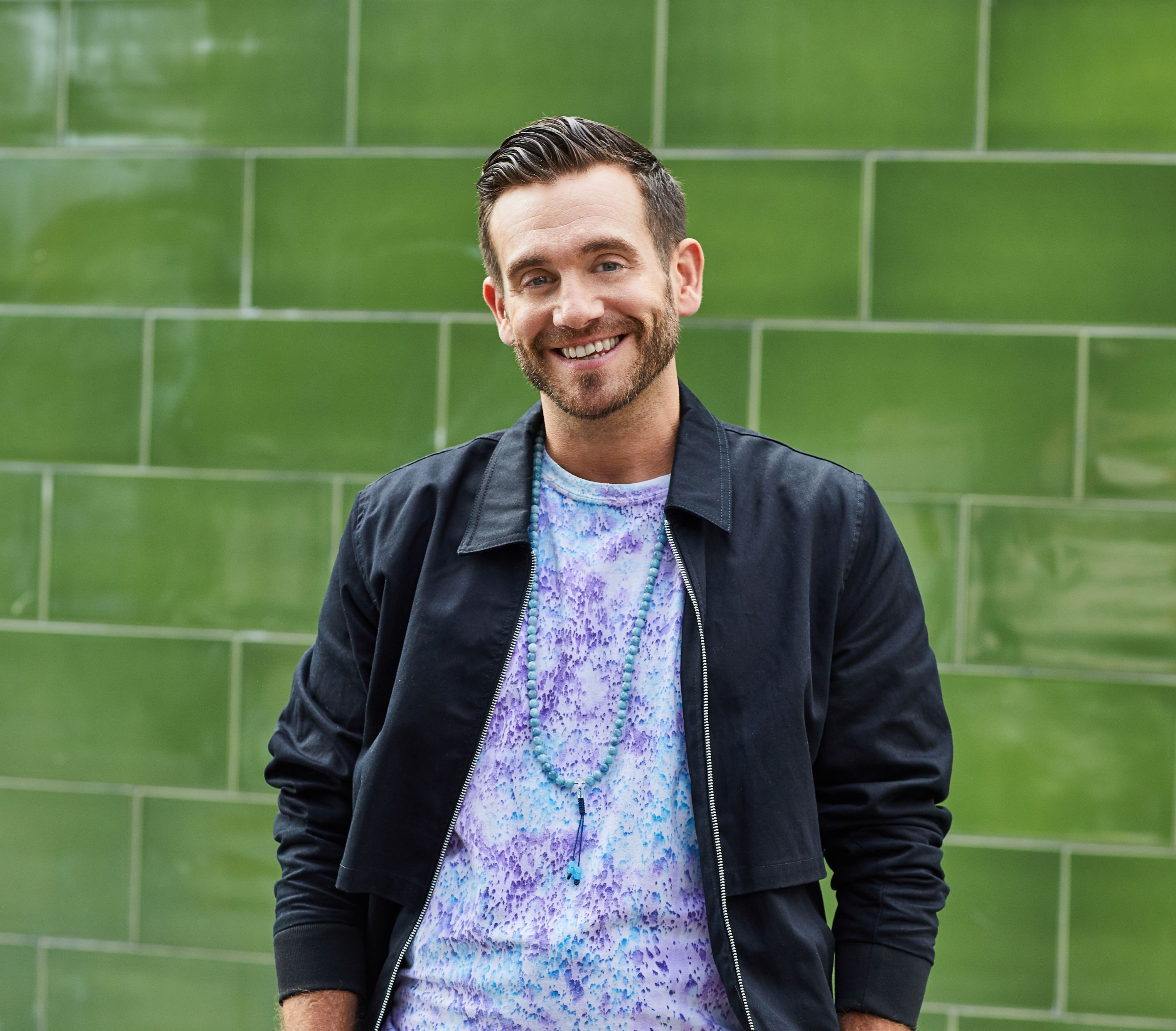
Charlie Morley is a bestselling author and teacher of lucid dreaming, shadow integration and Mindfulness of Dream & Sleep. He was “authorised to teach” within the Kagyu school of Tibetan Buddhism by Lama Yeshe Rinpoche in 2008. Since then he has written four books which have been translated into 15 languages and has run workshops & retreats in more than 30 countries.

Having established and managed multiple bed stores throughout the South East in the 1980s, Martin has a long history in the mattress and bed industry. In the early 2000s, Martin and his Dad branched out into online bed retail, where MattressNextDay was born. When his Dad retired, Martin took over as CEO, overseeing and expanding the business in areas such as brand development, website traffic growth, and importantly building strong relationships with suppliers to ensure that customers get the best quality and price.

Laura holds a postgraduate diploma in Psychodynamic Counselling & Psychotherapy and is an accredited psychotherapist/counsellor. In her practice, Laura mainly draws on on psychodynamic psychotherapy and Cognitive Behavioural Therapy (CBT), balancing tools to help people manage current problems with exploring the deeper roots/causes underneath.
Rose Goodman joined Future Publishing in 2020 and writes across Goodto.com, Woman & Home, Woman, Chat and Woman’s Own magazines. Prior to pursuing her career as a writer, Rose obtained a degree in psychology and went on to work in adult mental health for five years at Addenbrooke’s Hospital, Cambridge, specialising in eating disorders. She is fully trained in first aid, medical emergency response and motivational interviewing – a directive, patient-style counselling approach to address ambivalence in recovery. She graduated with a MA in creative writing from the University of Brighton in 2017. In her spare time she enjoys writing poetry and attending literary events, and offers weekly support to those living with homelessness. Rose has a passion for raising awareness around mental illness and the importance of prioritising our wellbeing.
-
 Sorry, parents - you might have 18 years of sleep deprivation ahead of you, as a new survey shows teens disrupt sleep just as much as toddlers do
Sorry, parents - you might have 18 years of sleep deprivation ahead of you, as a new survey shows teens disrupt sleep just as much as toddlers doA new survey has revealed that teens disrupt their parents' sleep just as much as toddlers do (and, sorry, it gets worse the more children you have).
By Ellie Hutchings Published
-
 How to deal with lack of sleep as a new parent: 10 tips to help you survive when your newborn needs you through the night
How to deal with lack of sleep as a new parent: 10 tips to help you survive when your newborn needs you through the nightWe've asked the experts for their ideas on battling exhaustion if you're dealing with lack of sleep as a new parent
By Ellie Hutchings Published
-
 How to sleep on a plane: 14 expert tips and kid-friendly ideas for a more peaceful flight
How to sleep on a plane: 14 expert tips and kid-friendly ideas for a more peaceful flightThe experts share their best tips for getting to sleep on a plane, so you can start your next family holiday well-rested.
By Ellie Hutchings Published
-
 What does it mean when you dream about someone? This sleep expert explains why
What does it mean when you dream about someone? This sleep expert explains whyThese sleep experts have explained what it means when you dream about someone - whether it's a romantic partner, friend or family member.
By Robyn Morris Last updated
-
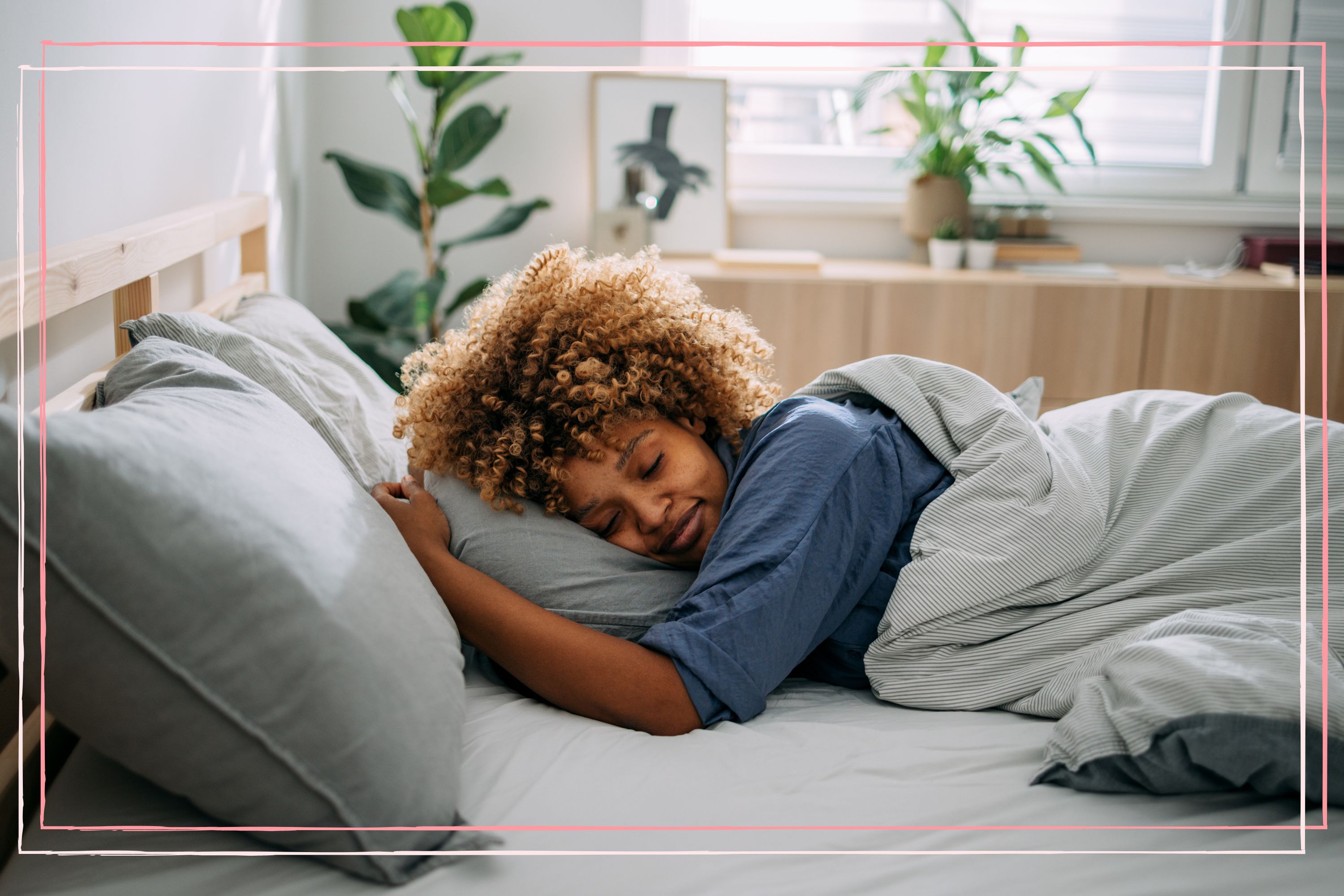 How much deep sleep do you need and 9 ways to get more of it as a new parent
How much deep sleep do you need and 9 ways to get more of it as a new parentWe've asked the experts to explain how much deep sleep you need and how to get more of it if your baby is keeping you up at night.
By Ellie Hutchings Last updated
-
 What does my dream mean? 14 of the most common dream meanings explained
What does my dream mean? 14 of the most common dream meanings explainedHave you ever dreamt that you were flying? Or that your teeth have fallen out? We've asked the experts to explain these dream meanings - and loads more!
By Ellie Hutchings Last updated
-
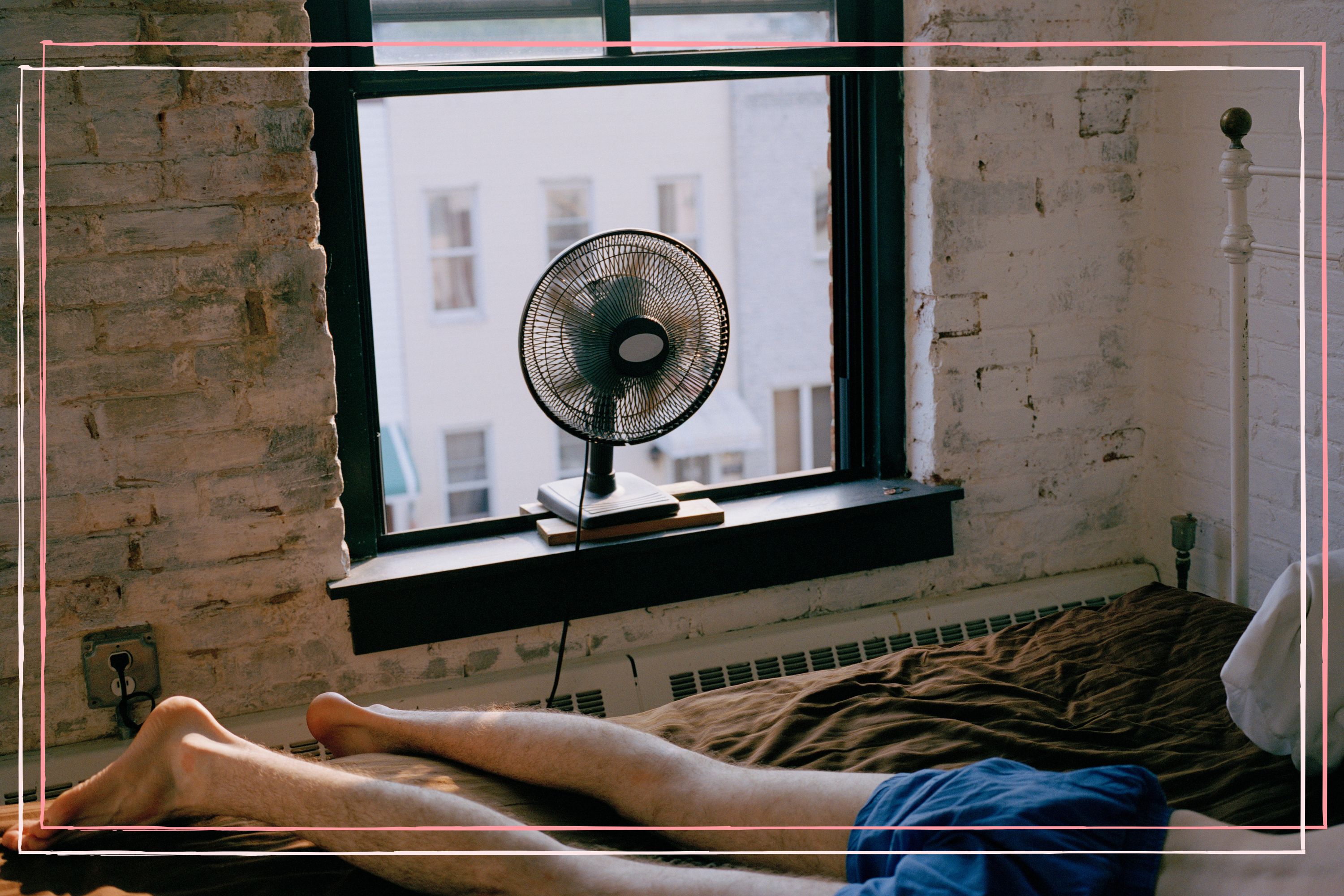 How to sleep in the heat: 25 expert tips for getting to sleep in a heatwave
How to sleep in the heat: 25 expert tips for getting to sleep in a heatwaveThese tips for how to sleep in the heat will help put an end to that unbearable tossing and turning on those sweltering summer nights.
By Anna Bailey Last updated
-
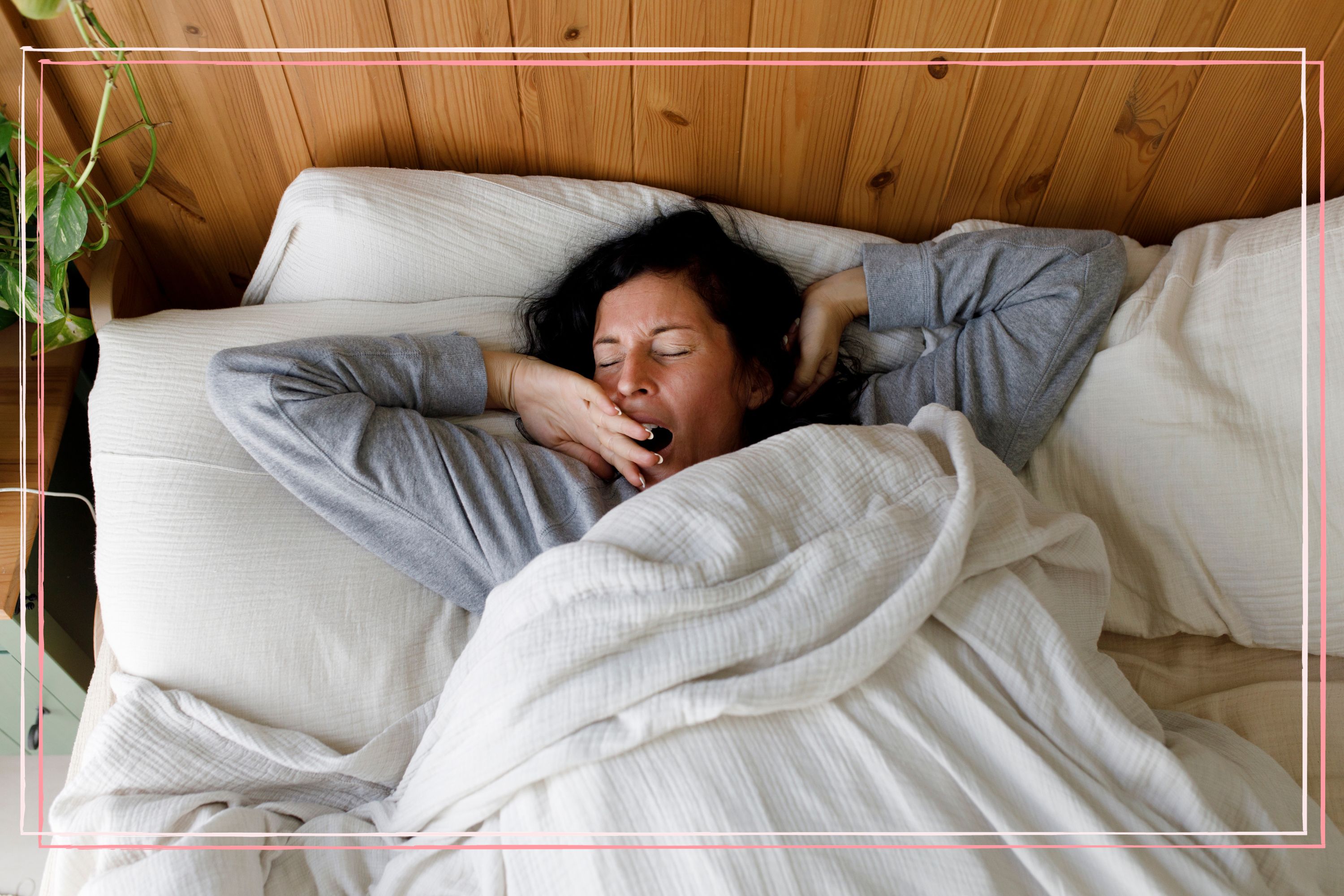 How to wake up in the morning: 11 expert-approved tips for sleep-deprived new mums
How to wake up in the morning: 11 expert-approved tips for sleep-deprived new mumsGetting a good night's sleep is sometimes easier said than done - especially when you're a new parent. Here's how to wake up with 11 easy tips.
By Ellie Hutchings Last updated